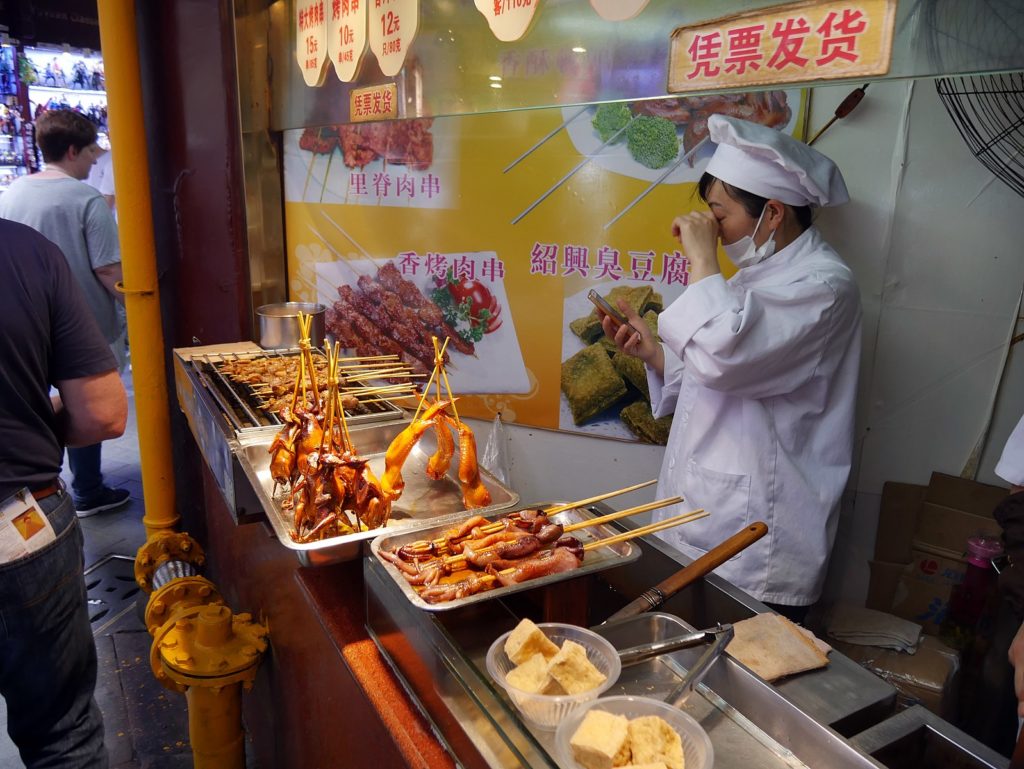[15 minute read]
Editor’s Note:
Unprecedented times call for unique actions. Oftentimes it is easy to forget that history is not a thing of the past, but rather something that is being created every day. A large and powerful university such as USC has a significant influence on its community, and that community spans from on campus inhabitants to the Los Angeles population to the United States as a whole. Students and faculty have a choice, as part of a major institution, to make their voice be heard through the variety of platforms, privileges, and opportunities through which USC has afforded us with.
When we observe discrimination, particularly in a time where information is so easily accessible, it is imperative that we educate ourselves and raise awareness for others. The voices of the Black Lives Matter movement and families across the country who have experienced losses similar to those of George Floyd’s family need to be heard. The death of George Floyd, as well as the economic consequences of COVID-19 occurring at the same time, have made it clear that certain members of our community, especially minorities and low-income families, are not being granted the rights that our country is founded on. As a part of the USC community, the USC American Language Institute recognizes these problems and leaders in some of our programs have stepped forward and written their own thoughts and reflections on the matter at hand.
The American Language Institute bridges an important gap on USC’s campus: the gap between domestic and international students. As students in the United States, it is important that all members of the USC community remain open and informed about the history that still plagues America to this very day. Three students have written about this movement, not only in the context of America and USC, but in the context of other minorities (particularly Asian Americans) who also play a significant role in shaping America’s history. We have united these voices, and below you will find three articles: Yellow Peril: What Black Lives Matter Means To Us by Tina Wang, Black Lives Matter: What Is It? by Kaitlin Foo, and Privilege in the Light of COVID-19 by Sarah Ta. Through these voices we hope you find inspiration and knowledge to help shape your own role in the history that is being made around us at every moment. The USC American Language Institute embraces our international community with open arms as well as the community at large, and we hope you will find some of your questions answered through these articles.
-Natalie Grace Sipula, Editor
YELLOW PERIL: WHAT BLACK LIVES MATTER MEANS TO US
By Tina WangAs I am sitting here on a Wednesday morning writing this article, I am filled with disappointment and sadness for what has been occurring in this country. For those who are not aware, protests and riots have consumed the nation in the past week over the recent death of an African American man, George Floyd. On May 25, George Floyd was detained by four police officers in Minneapolis, Minnesota, after a local store owner reported suspicions that Floyd was attempting to purchase a pack of cigarettes with a counterfeit bill. In the ensuing encounter, Officer Derek Michael Chauvin knelt on George Floyd’s neck for over eight minutes while Floyd proclaimed, “I can’t breathe,” and “Don’t kill me.” After those eight minutes, he suffocated. Recorded on video tape, for 2 minutes and 53 seconds after the victim became unresponsive, Chauvin maintained his knelt position. George Floyd later passed away, and several different autopsies have produced different results, some claiming that his death was due to pre-existing heart conditions, and other independent studies stating that his death was a direct result of homicide by asphyxiation. The video of this encounter quickly surfaced on the internet and spread like wildfire throughout the country, with people nationwide crying “Black Lives Matter” and demanding that justice be served to the officers who were involved in his death. Because of national outrage, former officer Chauvin’s charge with third-degree murder was updated this afternoon to second-degree, and three other officers involved were charged for aiding in murder.
Continue reading USC Student Voices on Black Lives Matter





